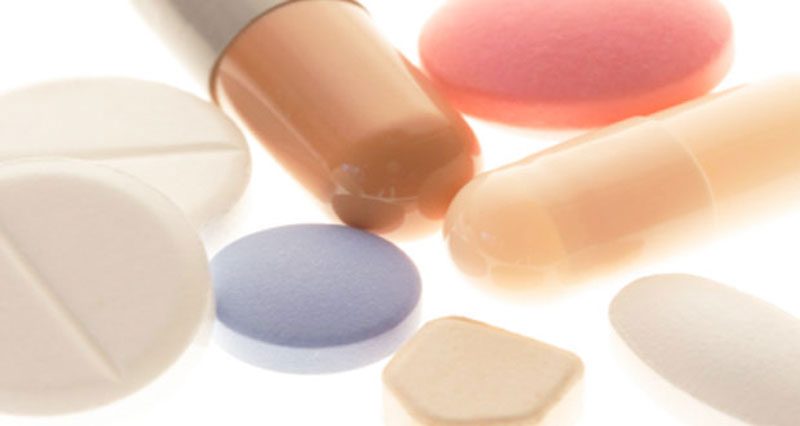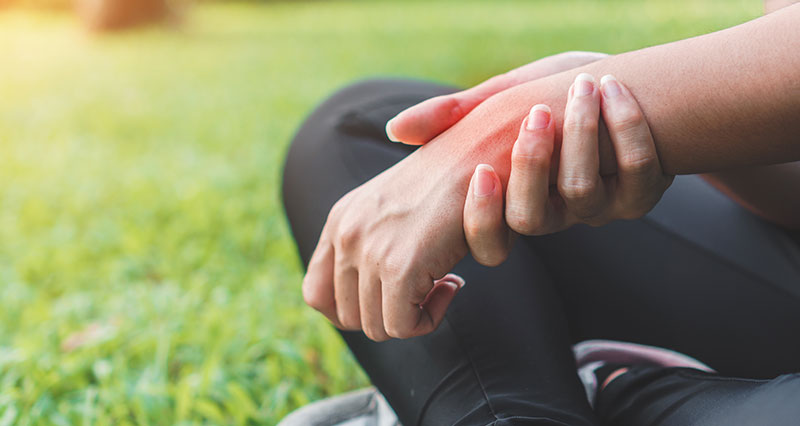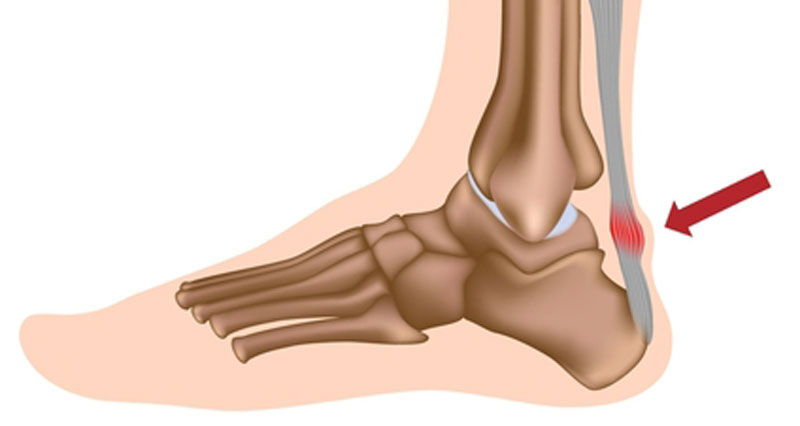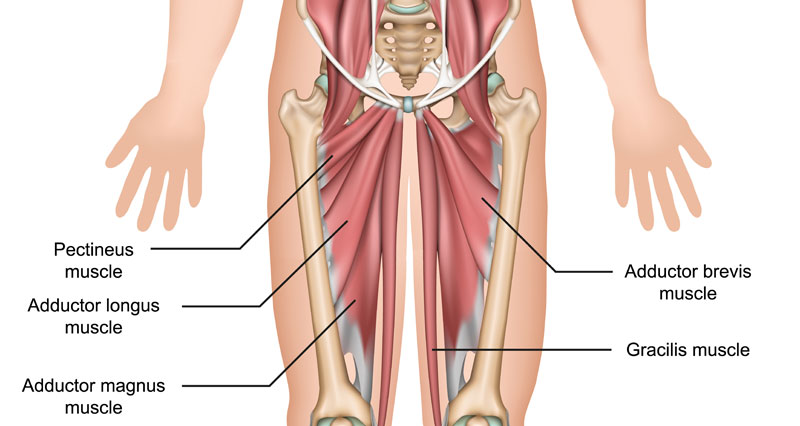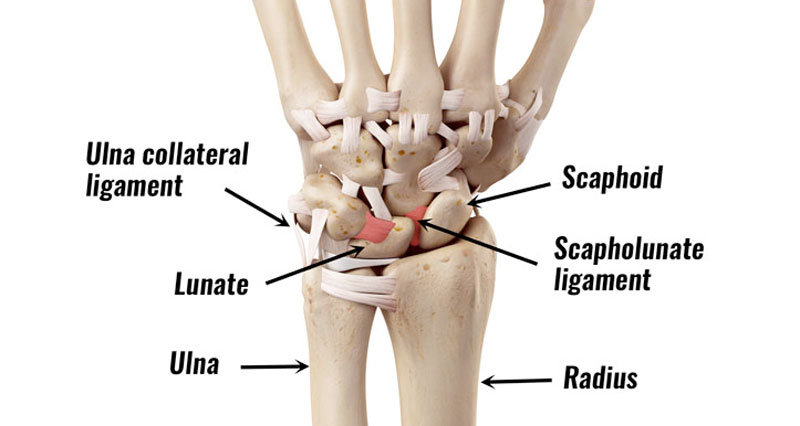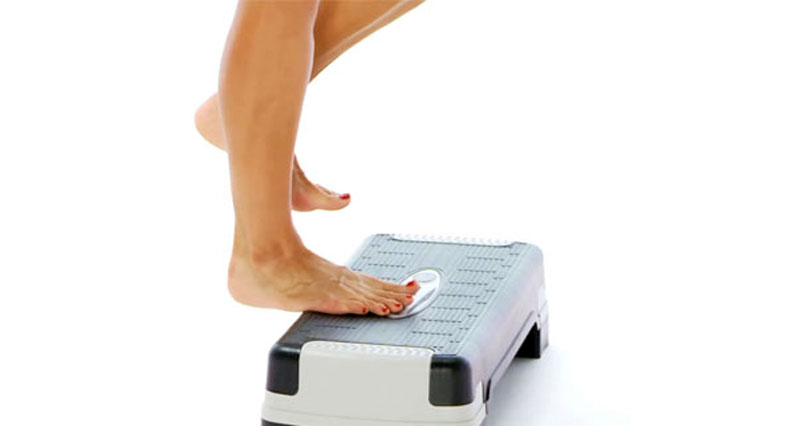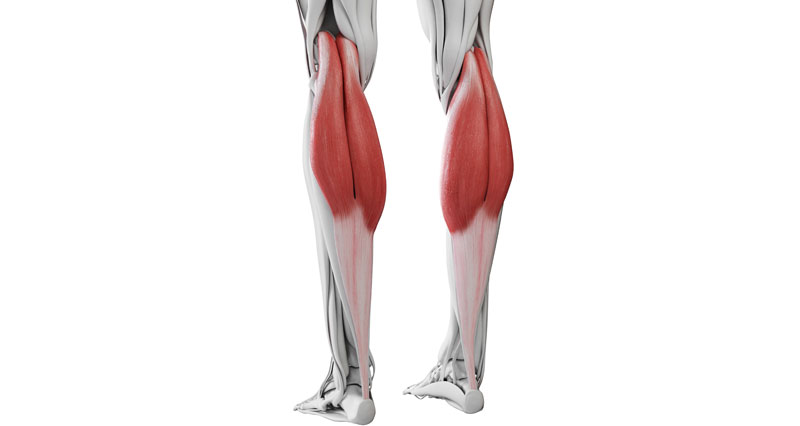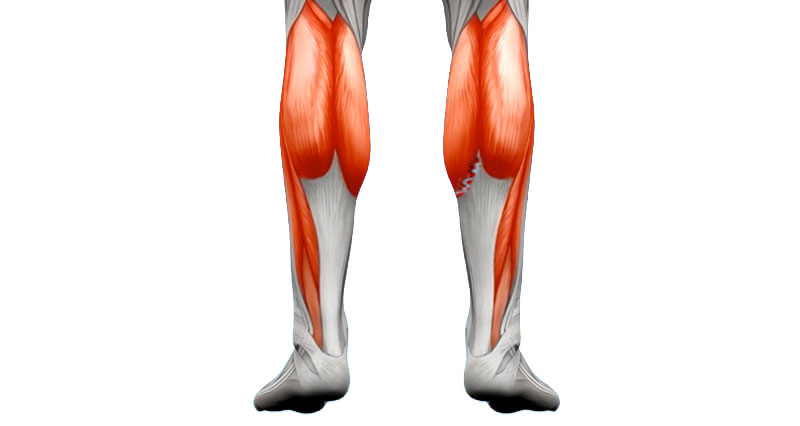Antibiotics are a form of medication which is used to treat bacterial infections and are only available via a prescription (in the UK). They are not effective in treating viruses such as influenza.
Other conditions include food poisoning, chest infections, and infected wounds. They may also be used in a preventative capacity, for example, after an operation, to prevent infections.
How Do they Work?
Antibiotics can work in one of two ways. They can either actively kill bacteria, or they can prevent bacteria from multiplying. This is effective as bacteria only have a short life span and so if no more are produced then the infection will clear after a few days.
Types of Antibiotics
There are two types of antibiotic.
- Broad Spectrum – These act on many different types of infections and are not specific to one type.
- Narrow Spectrum – These are more specific to certain types of bacteria and will not work effectively on every type.
Side effects
Most side effects from taking antibiotics are relatively mild but may include:
- Nausea
- Vomiting
- Diarrhea
- Thrush
- Fungal infections
Other, extremely rare, but serious side effects include:
- Deafness
- Kidney problems
- Blood disorders
- Increased sensitivity to the sun
Occasionally someone may be allergic to antibiotics. A penicillin allergy is now relatively common. Common symptoms of an allergic reaction include a rash and swelling of the mouth and tongue which may lead to difficulty breathing. If this happens, seek emergency medical attention immediately.
Taking Antibiotics
Make sure you follow the instructions carefully for using your medication. The exact instructions will vary depending on the type you are prescribed.
Most come in the form of capsules or tablets. They may be available in liquid form for children.Creams may be prescribed for skin conditions such as acne.
Usually, your doctor will prescribe a course which lasts between 3 and 10 days. You may need to take tablets anywhere between every 4 hours, to every 12 hours. The instructions vary between types as to whether they should be taken on an empty stomach or with food.
Even if your symptoms improve you must continue to take the medication until you finish the course. You also shouldn’t drink alcohol with most types of antibiotics.
Also, make sure you check the advice regarding using antibiotics with other forms of medicine. Antibiotics stop the contraceptive pill from being effective. Therefore, you should use other barrier forms of contraception whilst taking the antibiotics and for up to a week afterwards.
